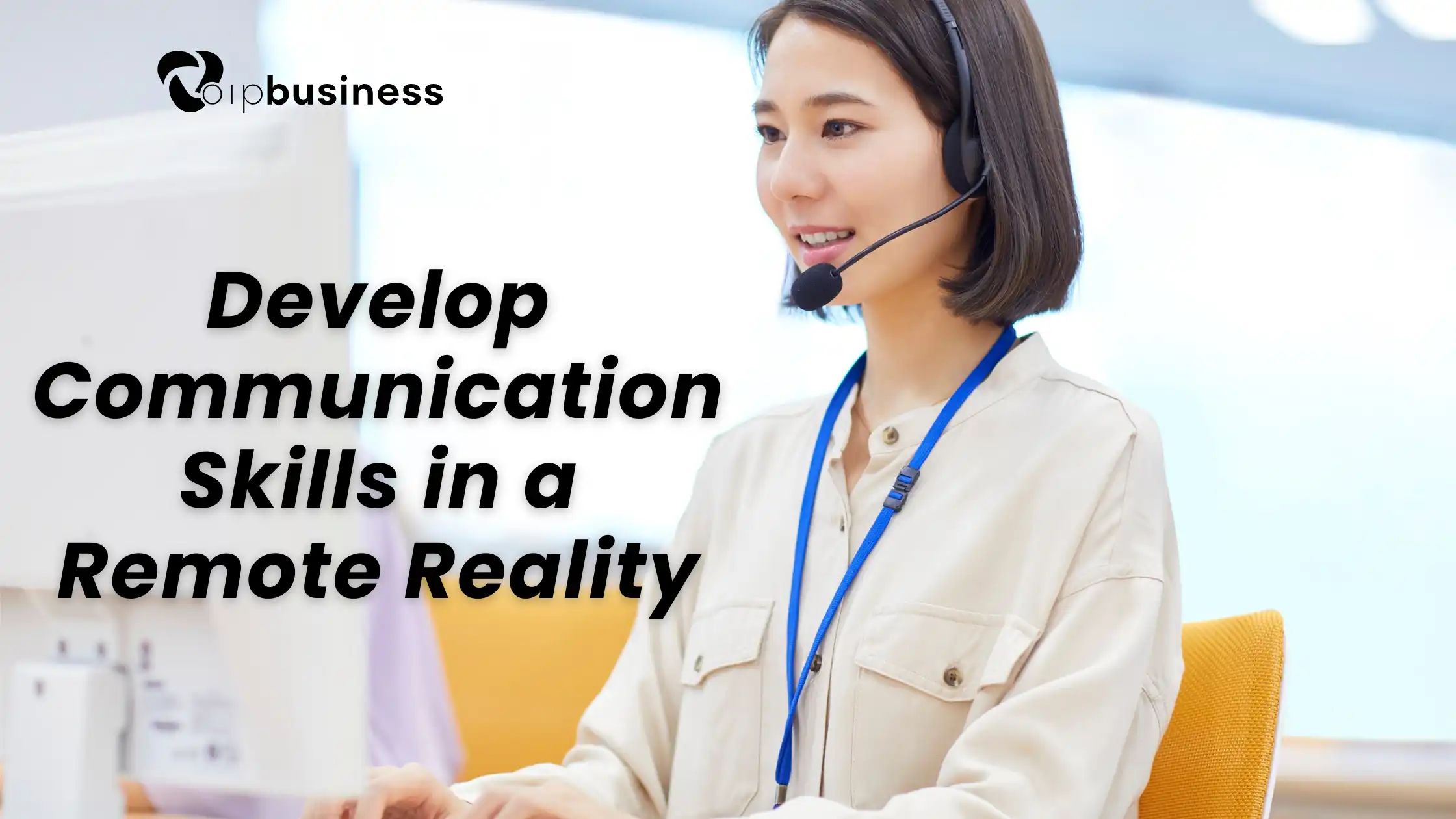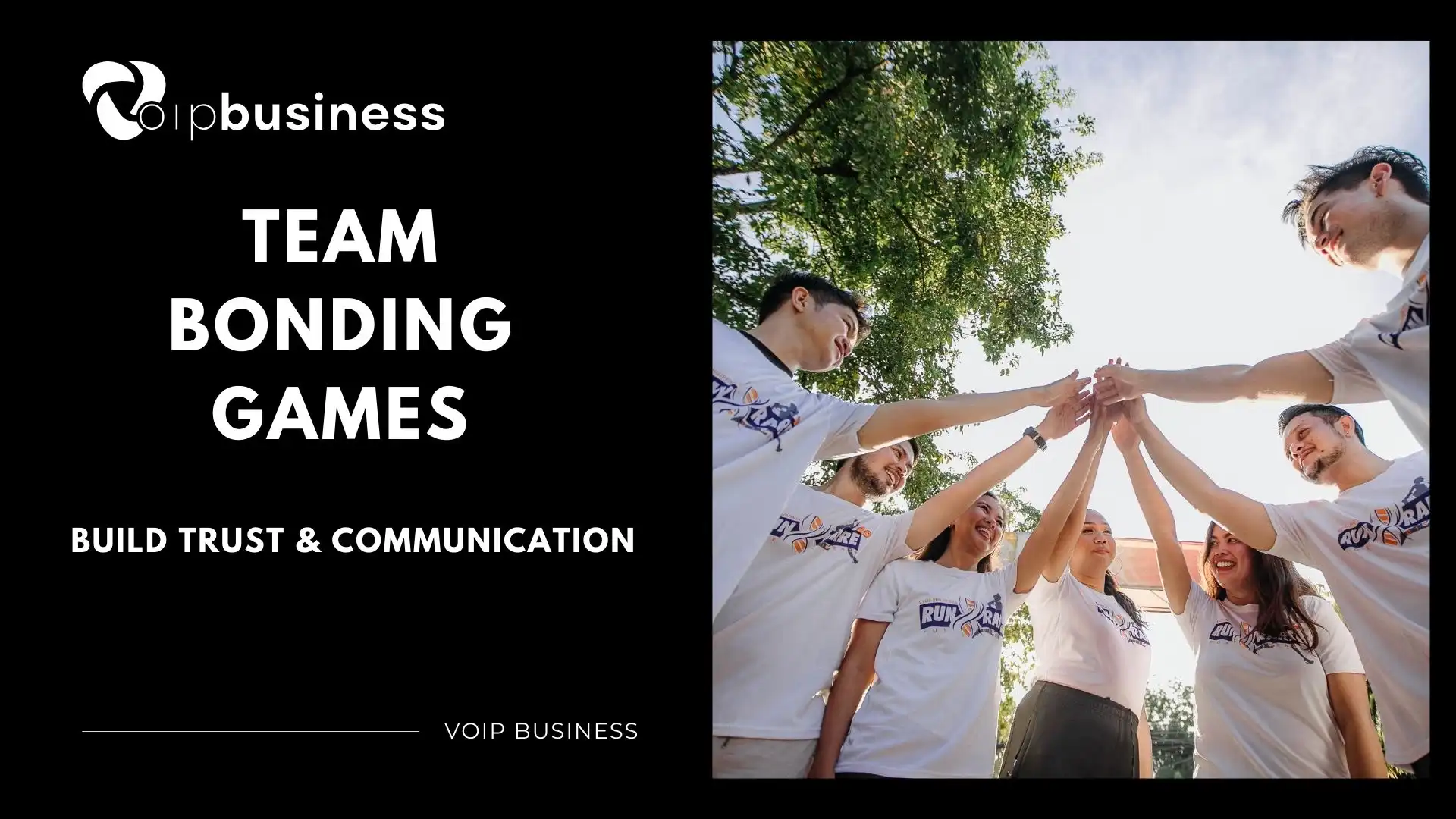Remote work is no longer a temporary measure – it is a new format of work. And if earlier knowledge of digital tools was considered a plus, now it is a basic condition. But true digital fluency is not about the ability to “push buttons”. It is about how we convey thoughts, interact and create team results in a digital environment.
This journey will highlight the need for education on communication skills in an era of being remote-first and finally empowering individuals and teams to thrive in the digital era.
What Is Digital Fluency?
Many people confuse digital literacy and digital fluency. The first is the ability to search for and use information. The second is the ability to apply knowledge and tools in such a way as to build communication and make work effective.
Tools like Zoom, Slack, Trello, and Microsoft Teams are now available to everyone. However, the value lies in how you utilize them. This is where communication skills are crucial. It is no accident that businesses are spending more money on specialist programs like Promova’s and business English training so that workers can function and communicate in a digital world with confidence.
Barriers to Digital Fluency
The main barrier is digital inequality. Some people don’t have the necessary devices or stable internet, while others simply don’t have the skills. There’s only one solution: continuous training and support. Digital fluency is not a point, but a process.
How to Teach Remote Communication?
The “lecture plus slides” format no longer works. People need to be involved. For example, breaking up groups into small rooms in Zoom so that they can discuss the task among themselves. Built-in surveys and mini-quizzes return attention and provide instant feedback.
Gamification also works great: when learning turns into a game with challenges and rewards, students get involved much more actively. The most effective tool is practice. Role-playing games and modeling real work situations teach how to cope with communication challenges so that later in real work they don’t get lost.
i. Technology as the Foundation of Communication
Tools are the heart of remote work. Messengers, task trackers, video calls — all this is just a shell. The main thing is to learn how to use them in a way that maintains clarity, maintains engagement, and does not lose team dynamics even at a distance.
ii. Inclusivity Importance
Everyone processes information differently; some individuals like to read words, while others find viewing movies easier to grasp, and yet others prefer to listen to audio. That is why great teams always blend formats and adapt to varied perception types in order to achieve speed, innovation, and genuine synchronization at work.
How to Measure Digital Communication Skills?
There are different ways to test your level of digital fluency. One is to stage an online meeting and see how a person copes in a digital environment. Another option is to put together a portfolio of letters, presentations, and group projects that clearly demonstrate mastery of the tools. And perhaps the most valuable method is mutual assessment: when colleagues give each other feedback, it forms a culture of dialogue and teaches to perceive different communication styles without distortion.
i. Feedback in Remote Work
Feedback in a chat almost always loses its effect – it looks dry and impersonal. It is much more useful to give comments immediately after completing a task, while the details are still fresh in your memory. Audio or video formats add what text does not convey: intonation, emotions, mood.
But the main thing is to make feedback a dialogue. Only in a conversation can you eliminate misunderstandings and turn criticism into a tool for growth, not a source of tension.
ii. Self-Analysis as Part of Growth
It is impossible to gain digital fluency without taking personal responsibility. Maintaining a reflection journal in which you document your accomplishments and challenges is a beneficial habit. Setting SMART objectives for yourself and monitoring your progress on a regular basis is another useful strategy.
The most crucial thing, though, is to foster a culture of little triumphs: celebrate each accomplishment and view setbacks as stepping stones rather than setbacks.
Final Say!
Digital communication will only become more complex, and those who learn to manage it will benefit. Digital fluency is not about “surviving remote work,” but about the ability to work and grow in a new world.
Having mastered these skills, we stop being just users of technology and become confident communicators who know how to build a dialogue and lead even at a distance.
Read More : How To Set Up VoIP For Business in 2025



